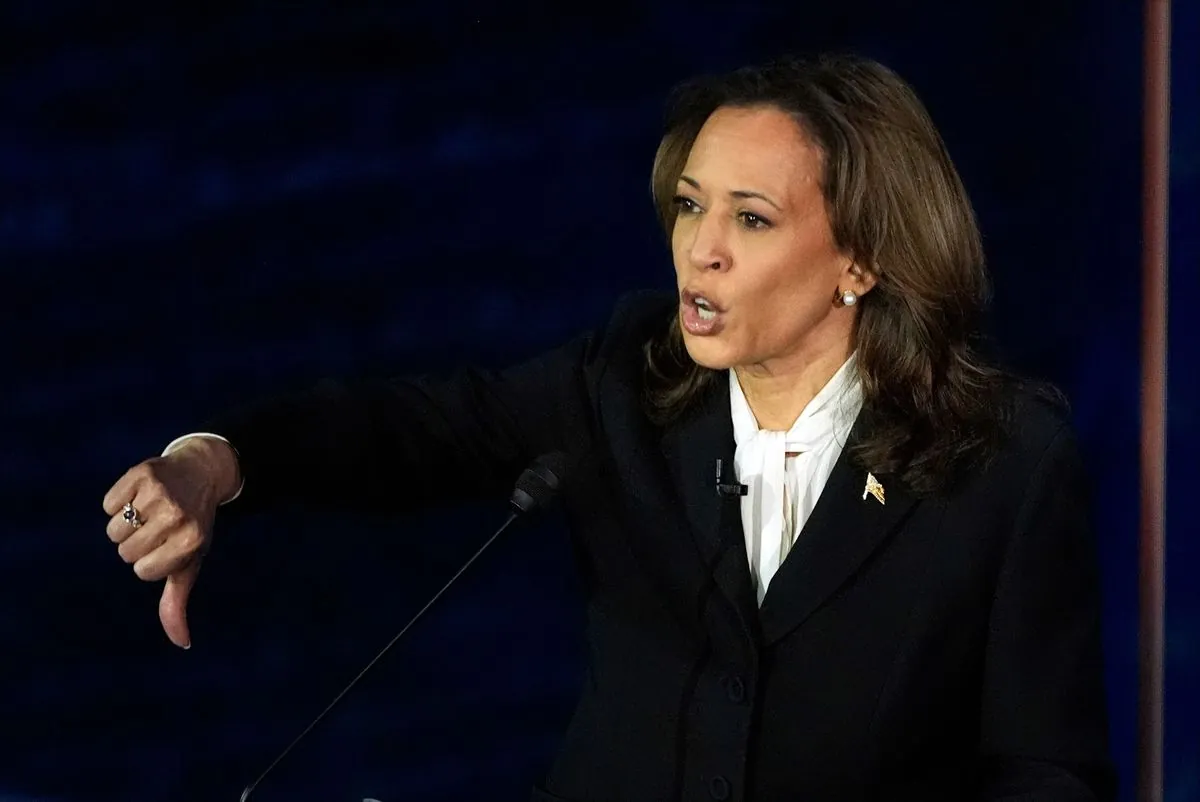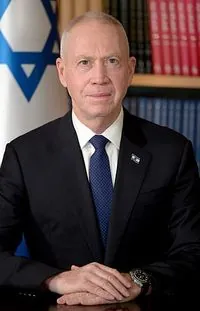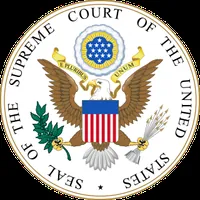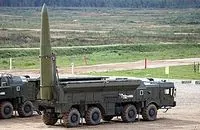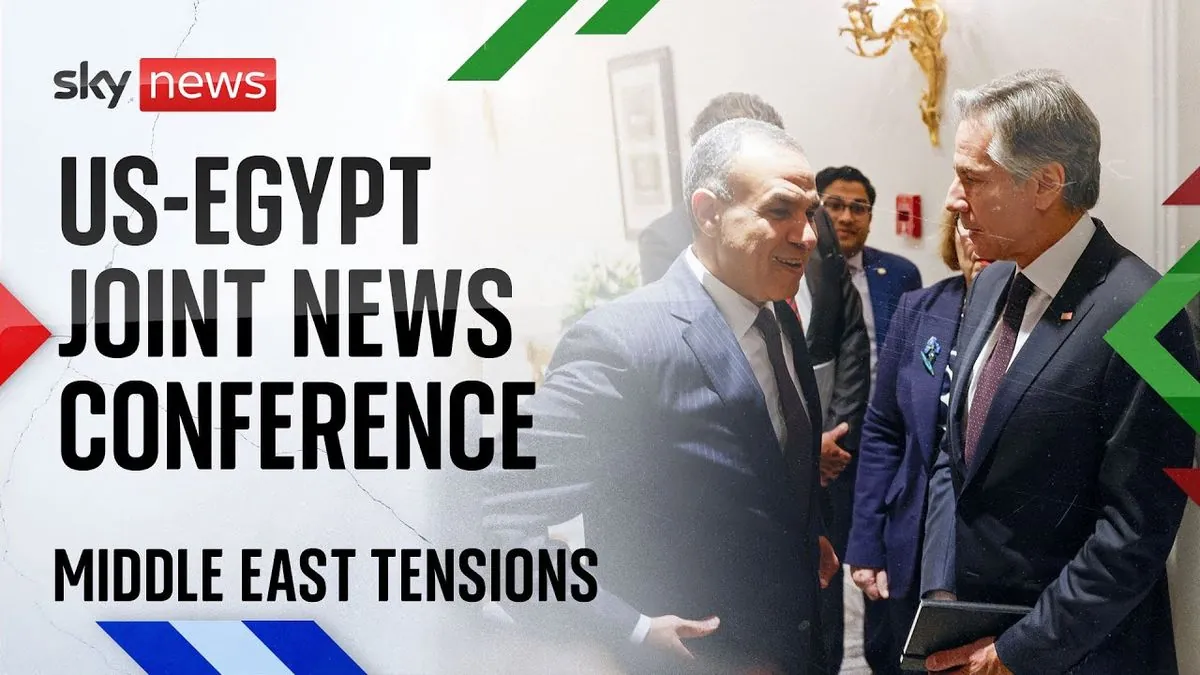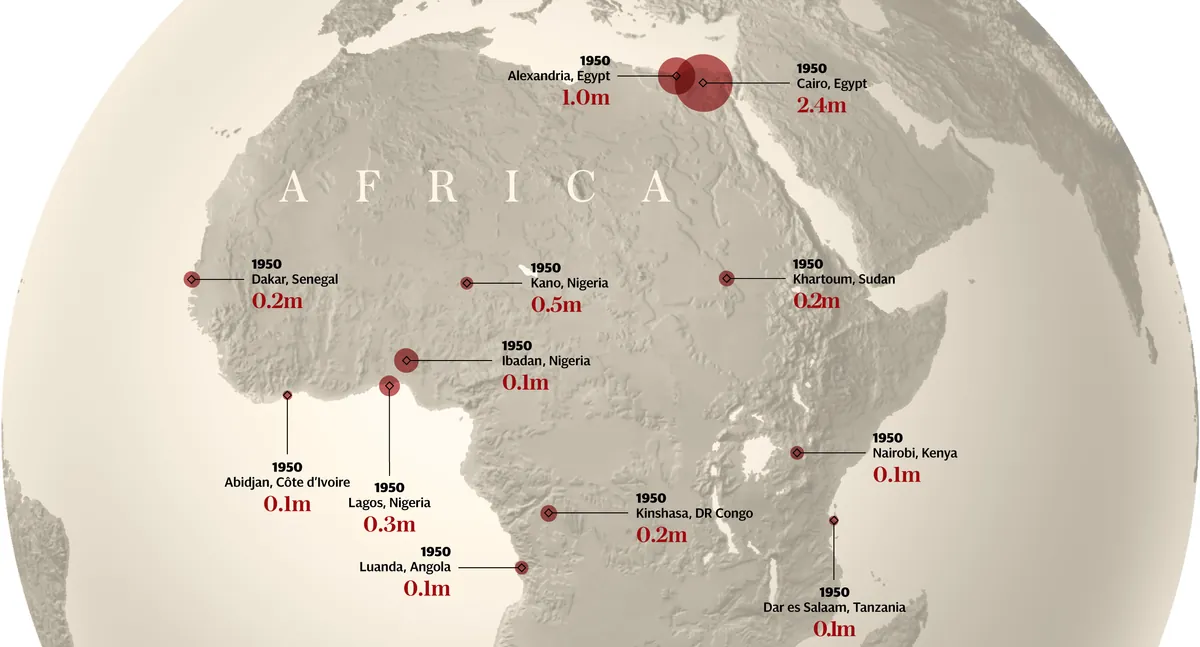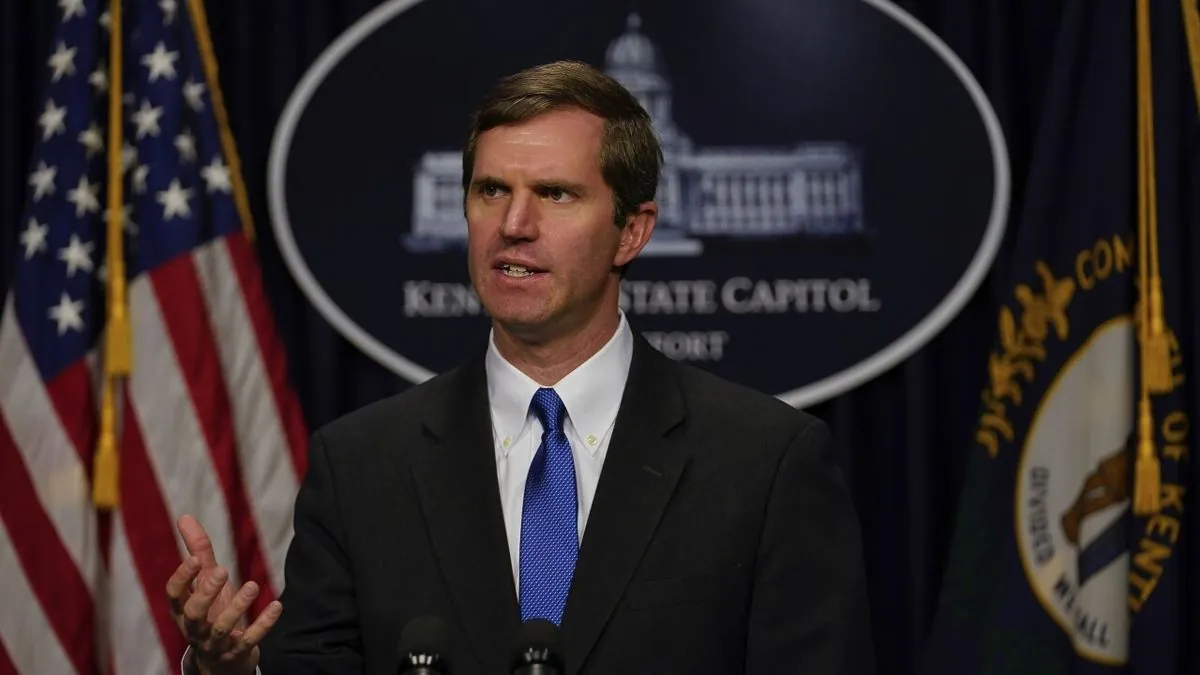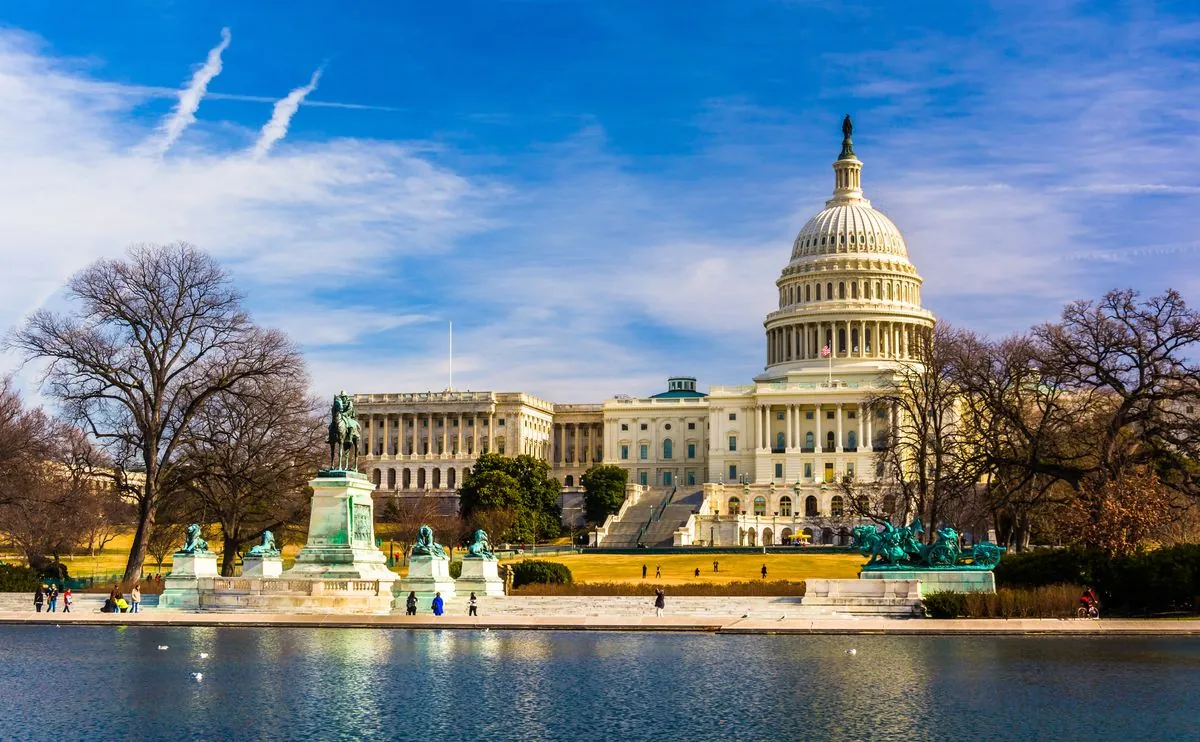Trump's Michigan Speech: Controversial Claims and Campaign Strategy
In a Michigan address, Trump made false accusations against VP Harris, defended Jan 6 rioters, and discussed his own legal issues. The event sparked criticism and highlighted his campaign focus on swing states.
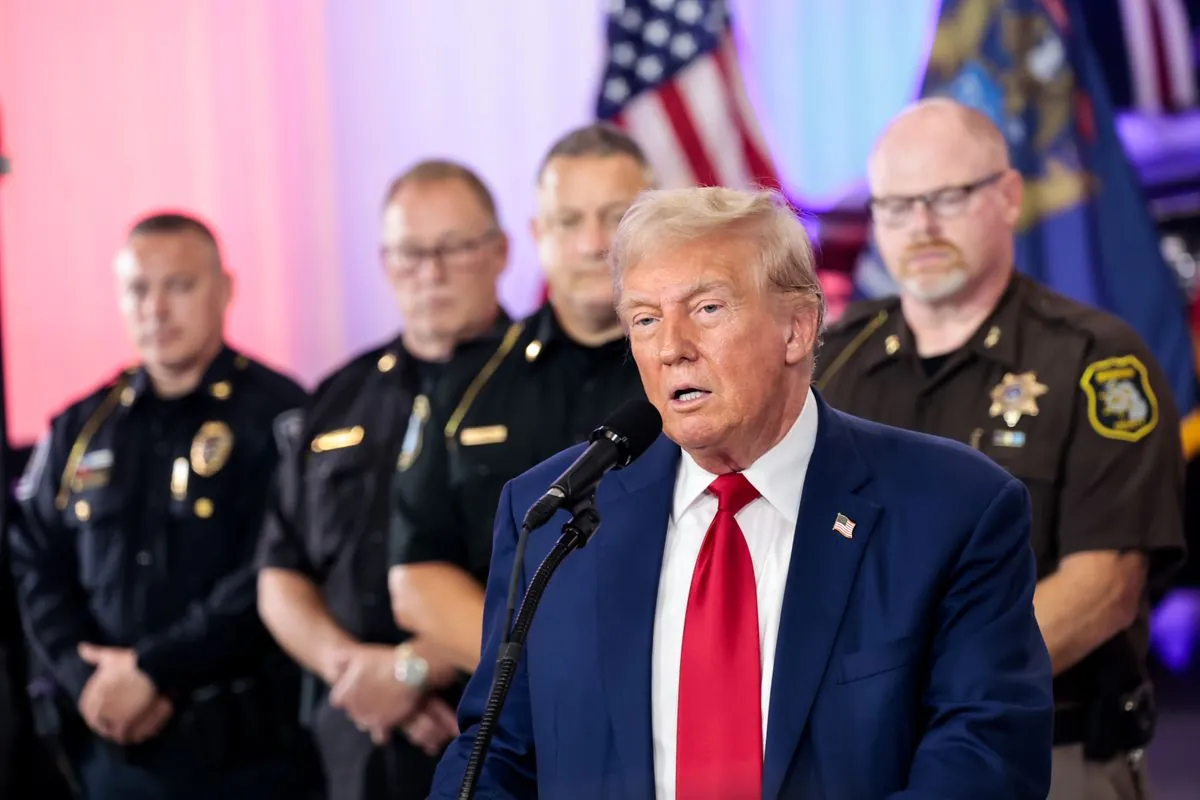
In a recent address at the Livingston County Sheriff's Office in Howell, Michigan, former President Donald Trump made several controversial statements, focusing on crime and his political opponents. This event, part of his campaign strategy targeting swing states, has drawn criticism and raised questions about his approach to the upcoming election.
Trump's speech included false accusations against Vice President Kamala Harris, the first woman, African American, and Asian American to hold this office. He incorrectly portrayed her ascension to the Democratic nomination as violent, despite the process being legal and peaceful. This mischaracterization comes approximately one month after President Biden withdrew and endorsed Harris.
The former president also defended the January 6, 2021, rioters who attacked the U.S. Capitol, a building completed in 1800. He inaccurately claimed that "nobody was killed" during the event, contradicting official records. This defense has sparked controversy, given the historical significance of the Capitol and the gravity of the attack on American democracy.
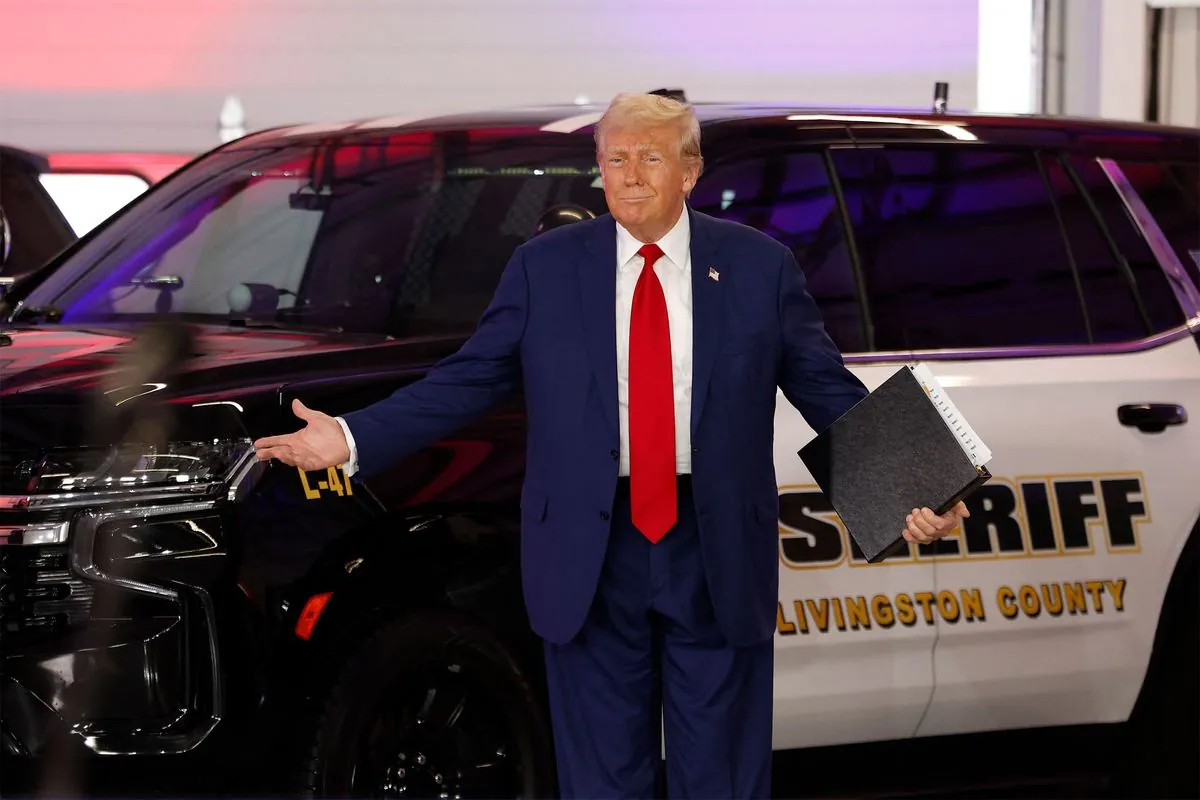
Trump's choice of venue for the speech has been criticized due to a recent neo-Nazi demonstration in the area. The location's selection, explained by his campaign as being within the Detroit media market, has been questioned by some, including Michigan Attorney General Dana Nessel.
"One of the conclusions you could draw is that he went to Howell specifically because he thinks those people are his biggest supporters and champions. I find it to be the greatest of ironies that Trump is in town to talk about crime and public safety when the thing that we know most about Donald Trump is he himself is a one-man crime wave."
During his address, Trump made light of his own criminal record, comparing himself to Al Capone, a notorious gangster from the Prohibition era. He also discussed the recent assassination attempt that occurred approximately one month ago, suggesting without evidence that it might be linked to his political opponents.
The former president made several false claims about Harris's record on crime, including misrepresenting a 2014 ballot initiative in California. These accusations come as Trump's campaign focuses on policy issues in swing states like Michigan, which has been crucial in recent presidential elections.
Outside the event, supporters gathered with signs and flags, while a lone protester criticized Trump's legal troubles. The scene reflected the divisive nature of Trump's campaign and the ongoing debates surrounding his candidacy.
In a post-event interview, Trump expressed openness to giving independent candidate Robert F. Kennedy Jr. a role in his administration if elected. This potential collaboration adds another layer to the complex political landscape leading up to the election.
As the campaign progresses, Trump's strategy of holding smaller, more intimate events in swing states marks a shift from his signature rallies. However, his continued personal attacks on opponents and controversial statements suggest that his campaign style remains largely unchanged.







